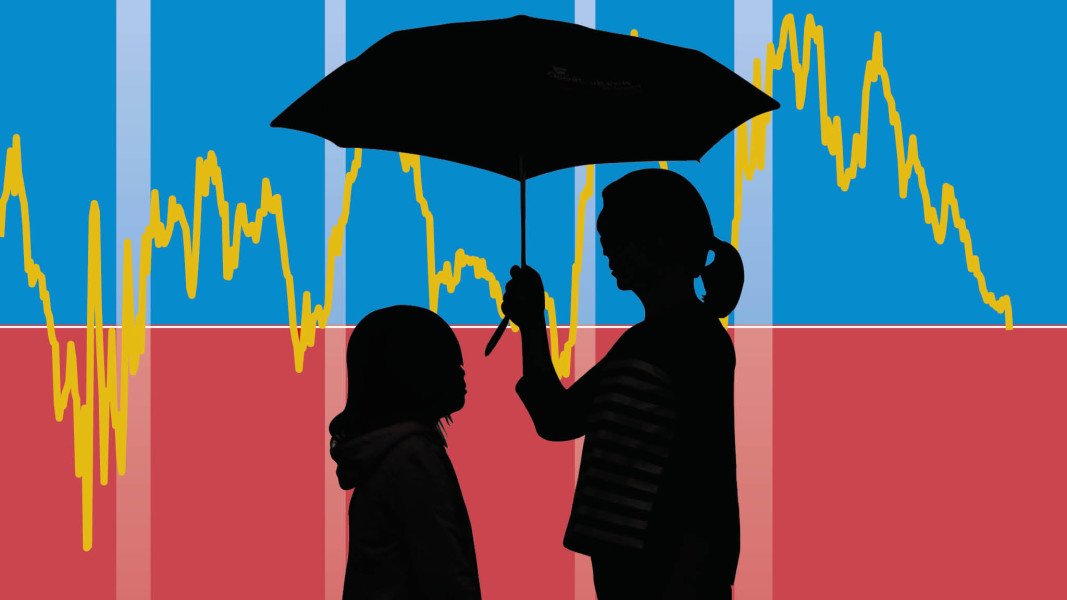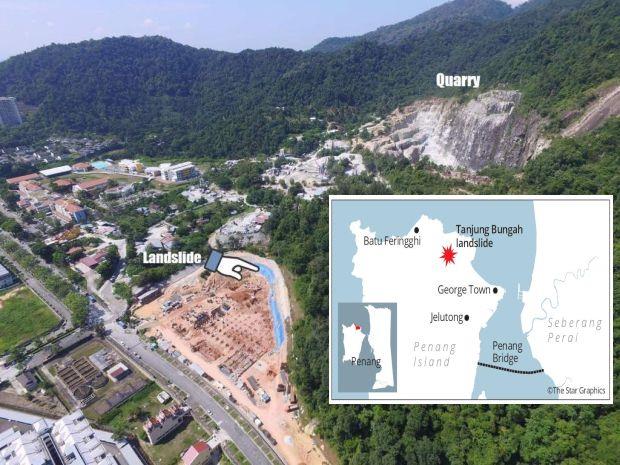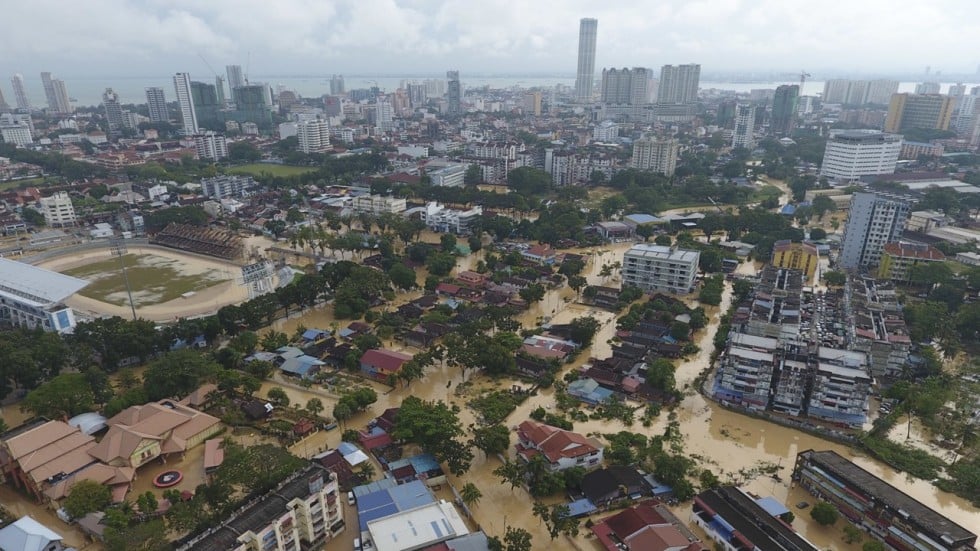 |
| Leng Siew Yeap |
Leng Siew Yeap, a Malaysian, a graduate of UMS applied for a scholarship to do a doctorate degree but was refused outright by the local govt.
She was however offered scholarships by University of Edinburgh, London University and Cambridge University. She chose Cambridge University’s Dorothy Hodgkin postgraduate award to study stem cell.
On graduation she accepted the offer from Harvard to study human immunology. She is now working in research for a Shanghai university hospital.
She has successfully helped to create an method/procedure 4 the body to secrete
an antibody to fight HIV. She is now married to a Shanghai citizen, living and working in Shanghai. She and her achievements are never mentioned in any Malaysia newspaper.
|
View Full Profile – Shanghai Institute of Immunology
|
|
|
|
|
|
Shanghai Institute of Immunology, Shanghai Jiao Tong University
School of Medicine, China.
Research Interests
Our body is constantly attacked by pathogens. To fight against various pathogens, B cells produce a large antibody repertoire through different processes that involve genomic DNA alterations. During B cell development, a DNA cut and paste mechanism called V(D)J recombination generates a primary antibody repertoire by producing V(D)J exons that
are made up of combinations of different V, D and J segments. Upon activation by pathogens, mature B cells undergo secondary antibody diversification, whereby Somatic Hypermutation (SHM) generates antibodies with higher affinity, while Class Switch Recombination (CSR) generates antibodies with different effector functions. In theory, our body has the capability to generate all necessary antibodies to fight against different pathogens through antibody diversification mechanisms. However, this is not the case. For example, in certain infectious diseases such as Human Immunodeficiency Virus Infection/ acquired immune deficiency syndrome (HIV/AIDS), only a small percentage of the infected patients were able to produce effective antibodies. Our research aims
to elucidate molecular mechanisms that facilitate approaches in generating highly effective antibodies to fight pathogens and infectious diseases. We employ various approaches including mouse models, cell line systems, CRISPR-mediated genome editing and next-generation sequencing technologies (Yeap et al., Cell, 2015, Figure below) to address our aims.

Top Malaysian researcher working to wipe out infectious diseases
 |
|
Dr Yeap heads the antibody diversification team at Shanghai Institute of Immunology, Shanghai Jiao Tong University School of Medicine, China.
|
LIKE many of her peers, Dr Yeap Leng Siew, 39, was raised believing that noble careers only include doctors and lawyers.
So when the Selangorian failed to enter medical school because she didn’t get straight As in the Sijil Tinggi Persekolahan Malaysia (STPM), her childhood ambition of becoming a doctor came crashing down.
She was upset for awhile but remembered that as a secondary school girl, she had done well in Biology.
It encouraged her to take up Biotechnology at Universiti Malaysia Sabah (UMS).
“I passed with flying colors and was the best student at university. If I hadn’t been rejected to do medicine, I wouldn’t have the career that I now enjoy. It was a blessing in disguise.”
Now married to a Chinese national and living in Shanghai, the mother-of-two graduated with first class honours from UMS in 2003, and received the Royal Educational Award and Tunku Abdul Rahman Medal. These awards recognise the country’s best student from each public university. After graduation, she was still unsure about her career path until a research stint at the Genome Institute of Singapore (GIS) sparked her interest in cell biology.
She went on to do her doctorate in stem cell biology at the University of Cambridge, before continuing as a Harvard Medical School postdoctoral fellow at the Boston Children’s Hospital.
“Initially I wanted to do a Ph.D in Singapore but my GRE score (a US-based graduate entrance exam) was not great.”
Though she did not receive any offers during the first round of application, she was determined to pursue a Ph.D degree.
“People are bitter about rejections because they do not have backup plans. Prof Bing Lim, my supervisor at GIS, once told me to be open-minded because a narrow mind narrows potential. His words were etched in my heart ever since.”
She was later granted the Biotechnology & Biological Sciences Research Council (BBSRC) Dorothy Hodgkin Postgraduate Award – a full scholarship for outstanding students from developing countries to pursue a Ph.D degree at the University of Cambridge.
She continued to make her mark when she was awarded the St Catharine’s College Graduate Prize for Distinction in Research during her stint in Cambridge. She then went on to receive the prestigious Cancer Research Institute Postdoctoral Fellowship in the United States.
Disappointment, she said, is part of life.
“It is how we overcome disappointments and take up challenges that distinguishes us from the rest.”
The former research assistant at GIS now heads the antibody diversification team at Shanghai Institute of Immunology, Shanghai Jiao Tong University School of Medicine, China.
“Prof Huck Hui Ng from GIS once told me, ‘work hard, and the sky is the limit’. I now tell my students those very same words.”
In 2017, Yeap was selected by the National Natural Science Foundation of China (NSFC) to receive the Excellent Young Scientist Fund, which is aimed at nurturing young talents with innovative potential.
She speaks to StarEdu about her work and advises young science students to expand their horizon. The world doesn’t end just because you didn’t get into medical school. There are many opportunities for those interested in Science, Technology, Engineering and Mathematics (STEM).
> What is your area of research?I am interested in understanding why some people develop effective antibodies to fight diseases while others do not. For example, only a small percentage of HIV-1 infected patients develop potent antibodies against the virus, which is why this remains a major health problem globally. Another example is how despite being vaccinated for the flu or hepatitis B (HBV), some do not develop protective antibodies and are still susceptible to these illnesses. My research group is studying how the antibodies acquire high levels of mutations and other special characteristics. Understanding how these rare antibodies develop will shed light on developing HIV or new vaccines for the flu or HBV.
> How long have you been away from home? Sixteen years. During the final semester of my undergraduate studies, I did a 10-week research attachment at the National Cancer Centre of Singapore. It was a time when biological research was just starting to bloom there. I was very fortunate not to be sent home because of the Severe Acute Respiratory Syndrome (SARS) outbreak, and even luckier, because I landed my first job as a research assistant at the Genome Institute of Singapore (GIS).
Seeing that I graduated from a university that didn’t even exist when he left his hometown, Kota Kinabalu, my supervisor at GIS, Dr Bing Lim, decided to hire me. He has been a great mentor ever since. In his laboratory, we were trying to culture human stem cells and I was fascinated by the idea that these cells may be turned into any type of cells for therapeutic purposes.
I realised then that I would have to pursue a Ph.D degree if I want to move further along in my research career. Two years later, I moved to the United Kingdom to begin my postgraduate studies in the lab of Prof Azim Surani at the University of Cambridge. When I completed my doctorate, my parents were expecting me to come home. So when I told them that I had planned on continuing my postdoctoral training in the United States, they were shocked. It took a while to convince them that a Ph.D degree is just the beginning of a career in research and that to have a chance of running my own laboratory one day, I would have to undergo a postdoctoral training as well.
In 2010, I started my postdoctoral training in the laboratory of a top immunologist, Dr Fred Alt at Harvard Medical School. During the five years of postdoctoral training, I met my husband and gave birth to my first child.
In 2015, we decided to move closer to home to start our career as independent researchers.
> What is it about home you miss the most?The food definitely – nasi lemak, durian, and my mum’s cooking.
> You helped find a way for the body to fight HIV. Tell us about that breakthrough.During my postdoctoral training, I developed mouse models to study how different antibody genes undergo mutation. We found that certain DNA sequences are more prone to mutations and that the same DNA sequences are also prone to deletions, another common characteristic of anti-HIV broadly neutralising antibodies.
These results suggest that DNA sequence direct the evolution of antibodies and these results were published in Cell in 2015, a top journal in the biological field. In 2017, we published in Proceedings of National Academy of Science on a related work where we analysed a mouse model carrying a human antibody gene and found that many mutations in anti-HIV antibodies are not easily achieved. Understanding how our bodies are able to elicit these rare antibodies will help in vaccine design strategies.
> What are you currently working on?We are continuously trying to elucidate the molecular mechanisms underlying highly effective antibody generation and developing approaches to guide our bodies to produce such antibodies during infection. We use animal models, cutting-edge gene editing techniques and next generation DNA sequencing in our research. We hope to one day wipe out infectious diseases like HIV.
> Are there any plans to work with other Malaysian researchers moving forward?We are constantly reaching out to researchers from all over the world, and Malaysia is definitely a priority. On Aug 9, I was in Malaysia with a delegation headed by Shanghai Jiao Tong University School of Medicine chancellor Prof Guoqiang Chen, and Shanghai Institute of Immunology director Prof Bing Su, to promote collaborations with Universiti Malaya’s Faculty of Medicine. We also visited the International Medical University (IMU).
With the Chinese government’s ‘One Belt, One Road’ initiative, there are plenty of funding opportunities for academic exchanges and scholarships for graduate studies. Hopefully, more people will come to know about research and academic opportunities in our school.
I have been exposed to different research environments in top laboratories and research institutes around the world, and the current biomedical research environment in Shanghai and other major cities in China, is definitely on par with the places that I have been to.
>What is the most challenging aspect of working in a lab?As an independent researcher, my job is to design and supervise experiments, analyse the results with my students and postdocs, and write manuscripts for publications. I also have to make sure that the lab has enough funding to do research.
Some of the challenging aspects include dealing with failed experiments, manuscripts and grants being rejected, and harsh criticisms by peers. But the satisfaction in being the first in the world to discover something new and potentially textbook-changing, makes all the hard work worthwhile.
> What qualities would a young, aspiring researcher need?Passion, persistence and determination. In the labs I’ve been to, I’ve seen college or even high school students doing research internships during school holidays. These kinds of opportunities allow students to experience the laboratory culture and life as a researcher. Being exposed to different career options at an early stage allows students to make better career choices and develop greater potential. I hope young Malaysians can be more pro-active and seek out such opportunities to enrich themselves in their spare time. I didn’t know there was such a possibility when I was in school.-Source link
Read more:
Related posts:
Malaysian public universities’ worstnightmare is beginning, with local private universities rapidly risingand making their presence fe…
 Smooth operation: Domestic Trade, Co-operatives and Consumerism Ministry
Smooth operation: Domestic Trade, Co-operatives and Consumerism Ministry


































































